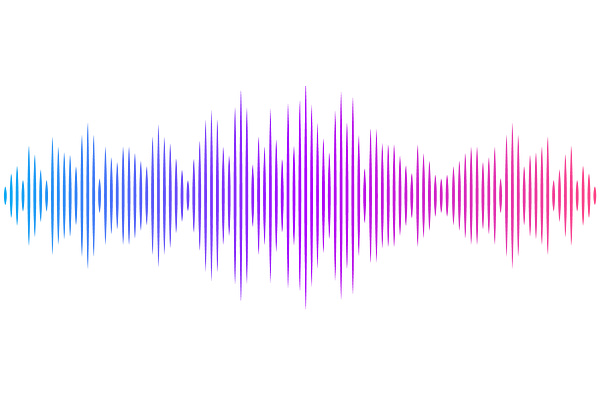Transformer-based Deep Learning for Glycan Structure Inference from Tandem Mass Spectrometry

Transformer-based Deep Learning for Glycan Structure Inference from Tandem Mass Spectrometry
Abtheen, E. A.; Singh, A.; Sriram, S.; Chen, C.; Neelamegham, S.; Gunawan, R.
AbstractGlycans play critical roles in diverse biological processes, but their structural analysis by tandem mass spectrometry (MS/MS) remains a major challenge due to their branched structure and stereochemistry. Traditional computational methods, such as database searching, are constrained by the scope of existing libraries and can be computationally intensive. While recent deep learning models have advanced the field, they often struggle to capture the complex, long-range dependencies within MS/MS spectra required for accurate inference. To address these challenges, we present GlycoBERT and GlycoBART, novel transformer-based models for glycan structure prediction from MS/MS data. GlycoBERT, a sequence classifier, achieves 95.1% structural accuracy on test data, surpassing the current state-of-the-art deep learning model, CandyCrunch. However, classification-based methods are inherently limited to predicting structures present in the training data. To overcome this, we developed GlycoBART, a generative sequence-to-sequence model capable of de novo glycan inference. On independent validation datasets, both models demonstrate robust performance. Critically, when applied to an MS/MS dataset from human embryonic kidney cells, GlycoBART generated two de novo glycan structures absent from the training set, one of which is a novel structure not catalogued in major glycan databases. Together, GlycoBERT and GlycoBART establish a new benchmark for glycan analysis, offering a powerful framework that enables more accurate and comprehensive exploration of glycan diversity and discovery.